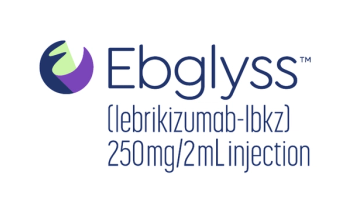
Plan sponsors seek clear path to lowest net drug costs
Transparent models are fee-based, but do plan sponsors gain anything from such arrangements?
"Every PBM offers a transparency proposal, but when one drills in closer, it really isn't," Thomas says. "Many PBMs have artificially created a transparency model that looks inferior to traditional models, leaving payers with the belief that traditional model pricing is a superior offer."
DRIVING MORE TRANSPARENCY
One of the more outspoken organizations challenging PBM operations is the National Community Pharmacists Assn. (NCPA), which has a litany of complaints regarding: disclosure of rebates and fees to plan sponsors; pharmacist reimbursement for generic fills; price inflation of drugs dispensed through mail; incentives to encourage the use of more expensive brand drugs over generics; and lack of pass-through on savings from manufacturer discounts.
"Plans need to know, because what they don't know will hurt them," says John Coster, senior vice president, government affairs for NCPA. "They need to be educated about the ways PBMs may be increasing drug costs and if PBMs are improving outcomes. We believe that rebates are at the heart of the PBM business model and ought to be eliminated. As manufacturer rebates increase, drug companies drive up costs to compensate, as well as increase the use of brands which generate rebates. Call a rebate a rebate without any skimming off the top."
Although the lack of transparency is drawing attention, not every plan sponsor is demanding the fee-based, transparent model, according to Medco Health Solutions, a PBM based in Franklin Lakes, N.J.
"Transparency is not as an important an issue today as it was six years ago," says Tim Wentworth, Medco's group president of employer accounts. "There has been a fundamental change in the alignment between PBMs and their clients with disclosure on how a PBM makes its money and through an increase in the use of generics. There was a concern about rebate dollars and whether they were flowing 100% in the client's direction."
He says some of the company's clients prefer the traditional model. Medco is one of the three biggest PBMs, which are receiving most of the criticism.
But PBMs are more than just fillers of prescriptions. Wentworth says the company offers value by playing an integral role in healthcare by identifying high-cost members, while offering preventive, clinical drug utilization and therapeutic benefit guarantees.
Newsletter
Get the latest industry news, event updates, and more from Managed healthcare Executive.

























